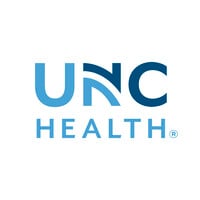
Amerigroup
Amerigroup Community Care has served Georgia families since 2006 through our Medicaid insurance and other low-cost health coverage. With our experience and over 600,000 members, we understand what you want from a health plan and your Medicaid program. Let us help you get the most from your Georgia Medicaid health insurance, PeachCare for Kids, Planning for Healthy Babies, and Georgia Families 360°SM benefits. With all your regular benefits, plus extras just for our enrollees, we make getting to the doctor and living healthy a little easier. Let us help you make the most of your benefits.






